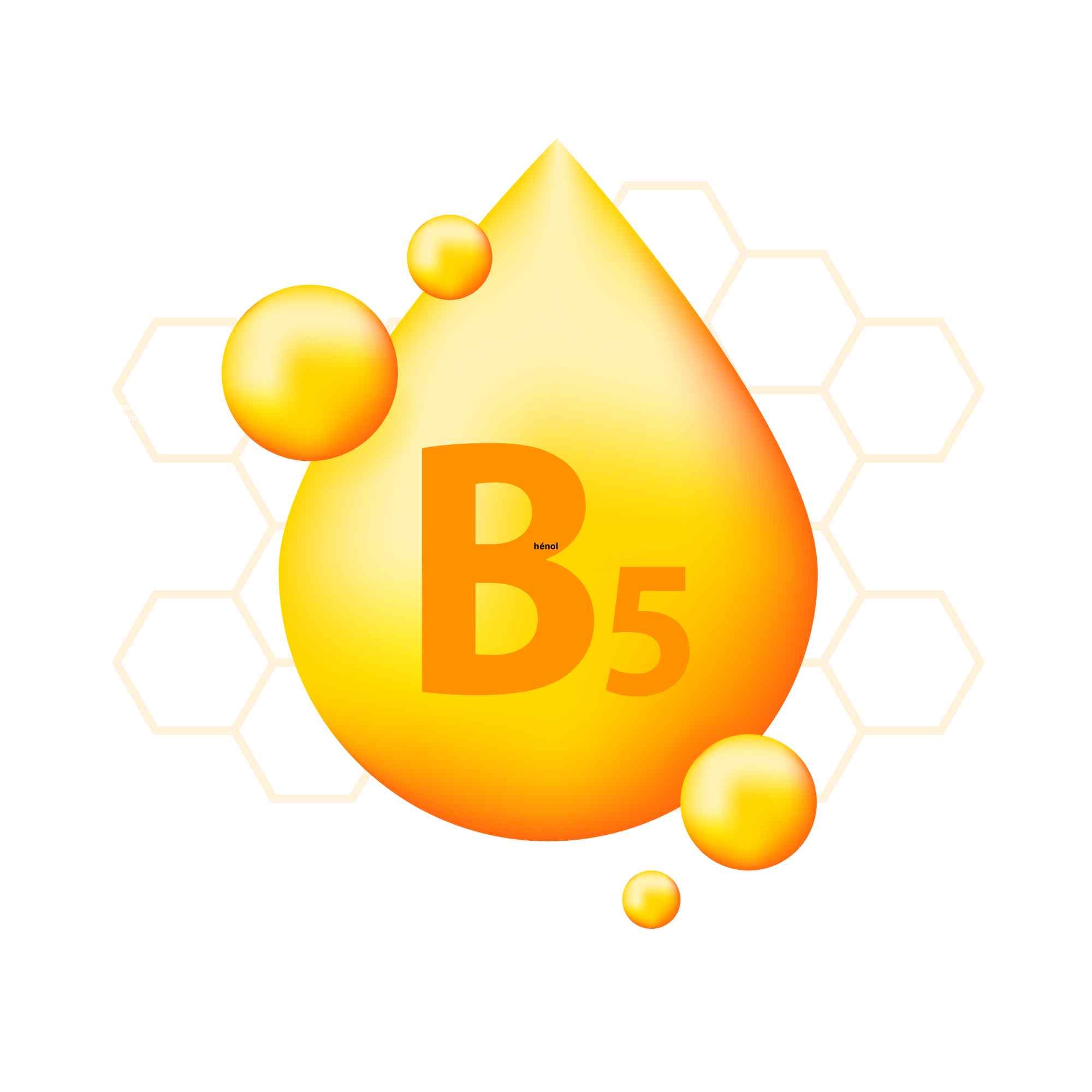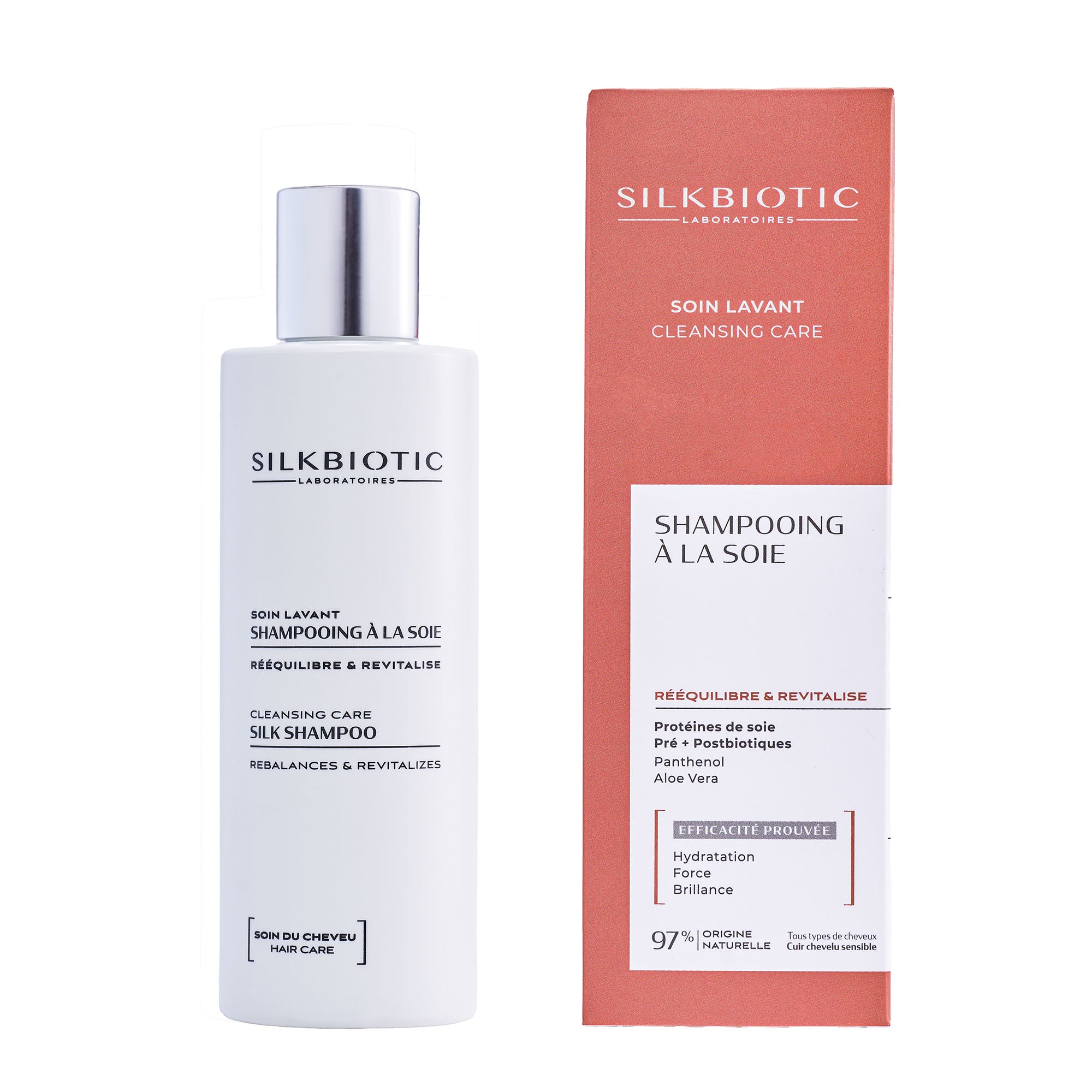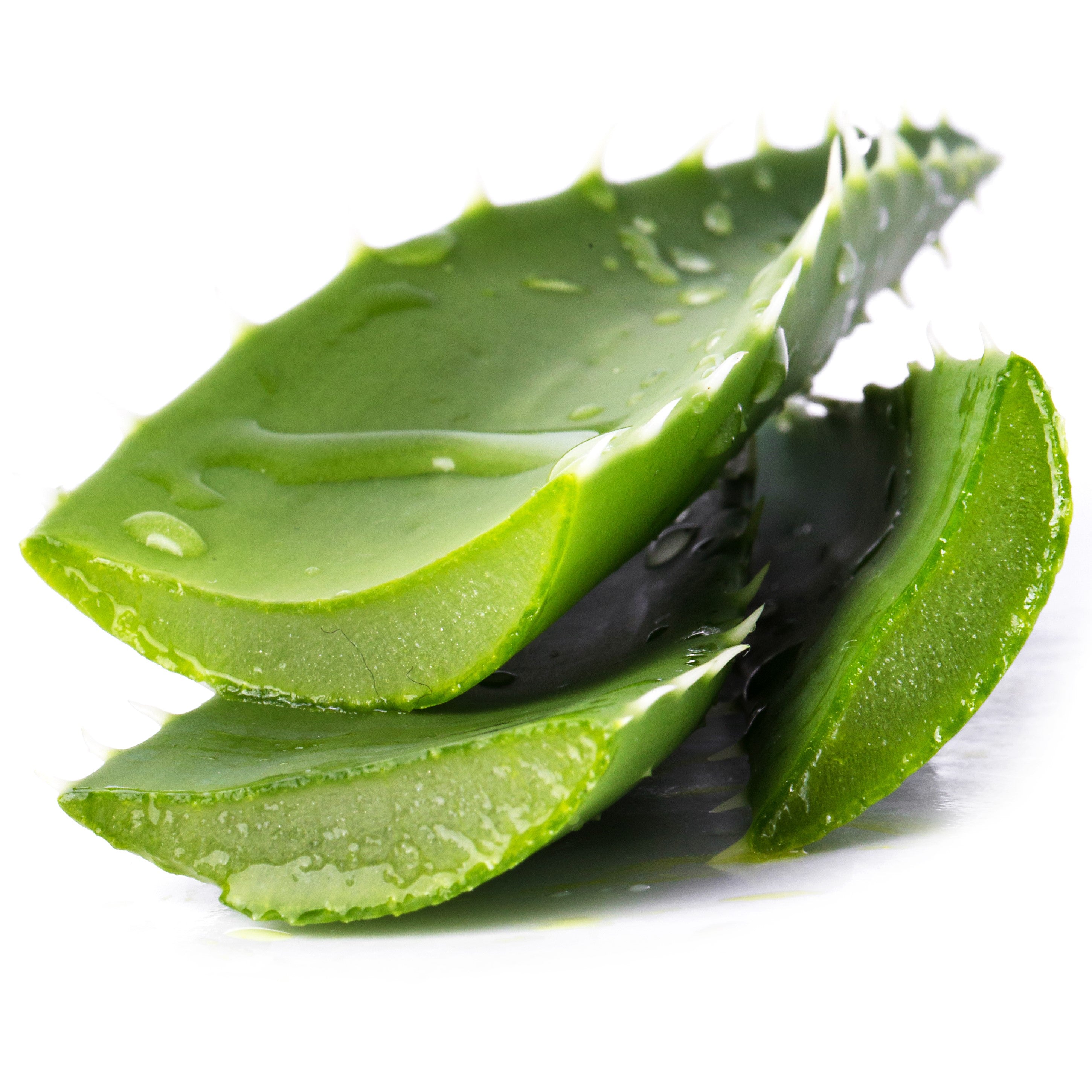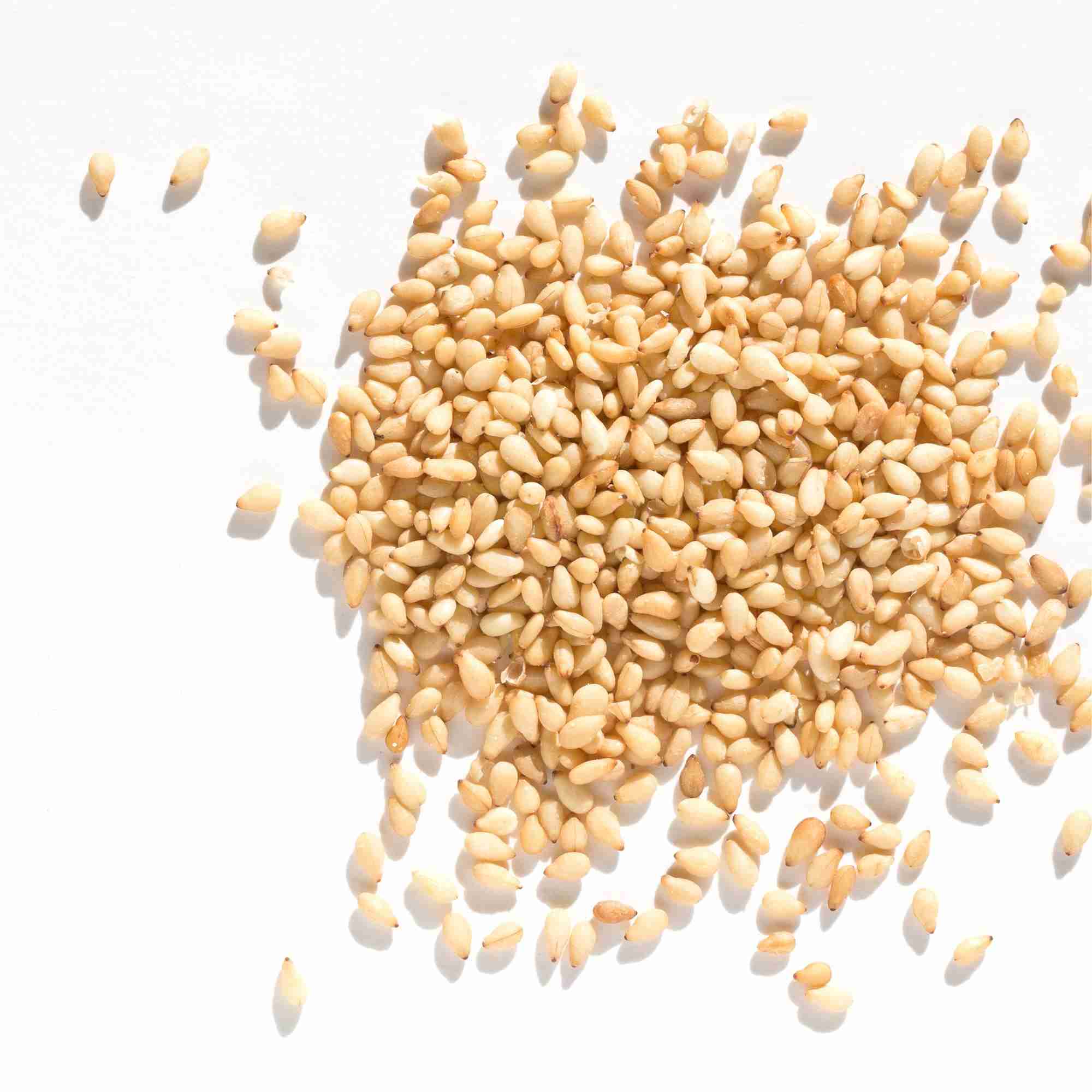Definition of panthenol
Panthenol, also known under the name of provitamin B5, is an alcohol similar to panthotenic acid (vitamin B5). It's a moisturizing ingredient frequently used in cosmetic products and personal cares thanks to its moisturizing, soothing and repairing properties. Once applied on the skin or the hair, panthenol turns into panthotenic acid, essential for health and regeneration of tissues.
Actions and benefits of panthenol
Property of panthenol: deep hydration
Panthenol is known for its capacity to deeply penetrate in the skin and the hair, where in turns into vitamin B5. It attracts and retains humidity, thus helping to maintain an optimal hydration. It makes the skin soft and supple, and skiny and silky hair.
Property of panthenol: repairing and regeneration
Thanks to its conversion into vitamin B5, panthenol plays a crucial role in repairing and regeneration of skin cells and hair cells. It favors healing of small wounds, light burns and skin irritations.
Property of panthenol: soothing effect
Panthenol has anti-inflammatory properties which help soothing irritations, redness and itching. It is particularly beneficial for sensitive or irritated skins and is often used in aftersun products or repairing creams.
Property of panthenol: improvement of hair texture
In hair cares, panthenol enhances hair texture by making them softer and easier to untangle. It also helps repairing damages caused by chemical treatments and heat, thus reinforcing the hair and reducing split ends.
Clinical and scientific sudies on panthenol
Panthenol was largely studied for its beneficial effects on skin and hair. A study published in the "Journal of Dermatological Science", showed that panthenol could significantly improve hydration and softness of the skin. Another research in the "Journal of Dermatological Treatment" showed that panthenol has favorable and long-lasting effects on the barrier function and skin repair.
Sourcing of panthenol
Panthenol in chemically synthetized for a use in cosmetic products. However, it is derived from panthotenic acid, a vitamin naturally present in numerous nutrients, such as meat, eggs, wholegrain cereal and vegetables.
Anecdotes on panthenol
Historically speaking, panthenol was used in veterinay products to treat wounds and skin irritations of animal before becoming popular in cosmetic products for humans. An interesting anecdote is that during World War II, soldiers were using creams containing panthenol to soothe skin irritations caused by wearing uniforms and boots for too long.
Panthenol in our products
In the Laboratoires SILKBIOTIC, we use panthenol in our shampoo thanks to its exceptional moisturizing, repairing and soothing properties. Panthenoll plays a crucial role to guarantee hair in a perfect health, and considerably helps repairing the skin barrier of the most sensitive scalps.
Sources
- Ebner, F., Heller, A., Rippke, F., & Tausch, I. Topical use of dexpanthenol in skin disorders. Journal of Dermatological Science, (2002).
- Hans Stettler et al. A new topical panthenol-containing emollient: Results from two randomized controlled studies assessing its skin moisturization and barrier restoration potential, and the effect on skin microflora. Journal of Dermatological Treatment (2016).




